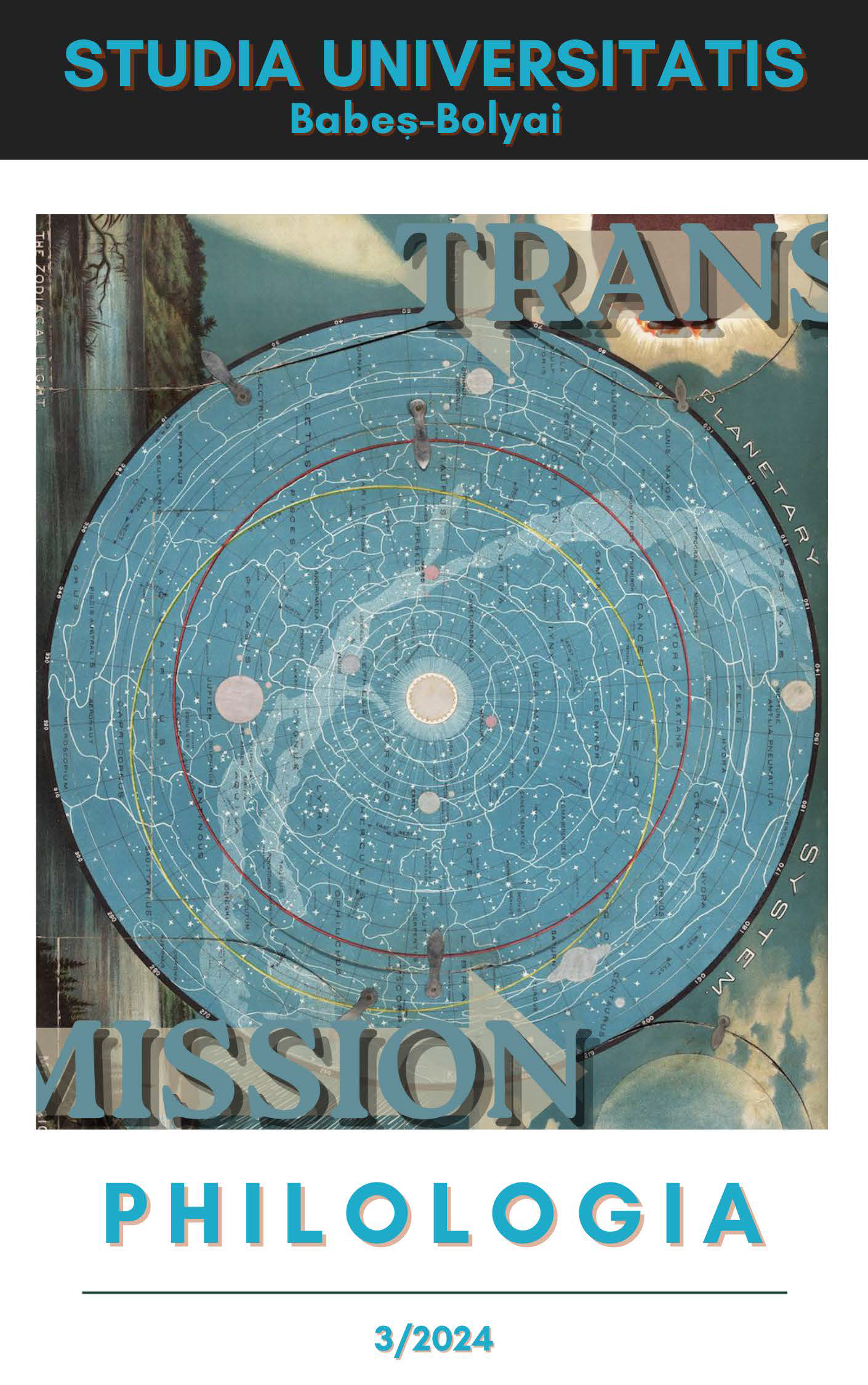Rodica Frenţiu, Unsprezece vederi de aproape asupra imaginarului japonez [‘Eleven Close-Up Views on the Japanese Imaginary’], Cluj-Napoca: Presa Universitară Clujeană, 2024, 325 p.
Abstract
Coming both as a continuation and a departure from her previous book, which focused on Yasunari Kawabata (Yasunari Kawabata: Dreams of the Floating World, 2023), Rodica Frenţiu’s latest work is a thorough addition to the relatively small collection of works relating to Japanology in Romania. While not abandoning depth, this volume draws the reader’s perspective back and forth, inviting them to alternate between synchronous views of important Japanese cultural landmarks and resulting larger shifts in paradigm, thus taking effective advantage of a format (the compiling of essays) that facilitates the double value that Florina Ilis points towards in her preface to Eleven close-up views on the Japanese imaginary (2024): each component study has value on its own and can be read as such, but, taken together, they form a greater sculpture with at least eleven recognisable sides, each revealing a different part of the same whole (Ilis 2024, 7-8). As such, much like reconstructing a specific author’s artistic inclinations by analysing his works, Japan’s imaginary, its idiosyncratic way to view and (re)imagine the world is here being put together by looking at its different manifestations in literary works of art or other cultural phenomena. In that, this book presents an apparently similar, fragmented, but chronologically linear methodology that looks at significant authors throughout different ages, showing how their works are representative for their individual literary and cultural views while also being the product of larger cultural currents.
Downloads
Published
How to Cite
Issue
Section
License
Copyright (c) 2024 Studia Universitatis Babeș-Bolyai Philologia

This work is licensed under a Creative Commons Attribution-NonCommercial-NoDerivatives 4.0 International License.





 ©Studia Universitatis Babeş-Bolyai Philologia. Published by Babeș-Bolyai University.
©Studia Universitatis Babeş-Bolyai Philologia. Published by Babeș-Bolyai University.